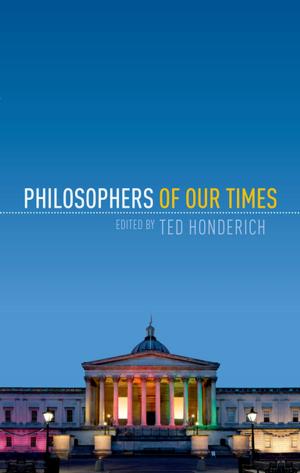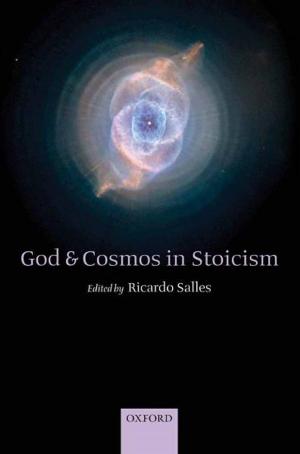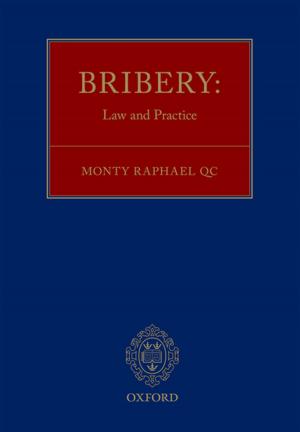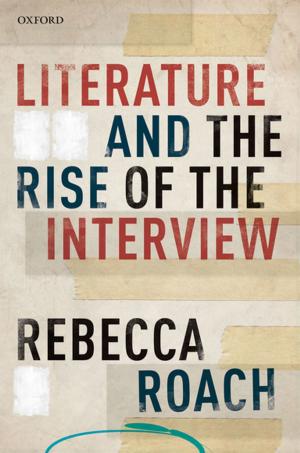Pindar and the Poetics of Permanence
Fiction & Literature, Poetry, Literary Theory & Criticism, Nonfiction, History| Author: | Henry Spelman | ISBN: | 9780192554406 |
| Publisher: | OUP Oxford | Publication: | May 3, 2018 |
| Imprint: | OUP Oxford | Language: | English |
| Author: | Henry Spelman |
| ISBN: | 9780192554406 |
| Publisher: | OUP Oxford |
| Publication: | May 3, 2018 |
| Imprint: | OUP Oxford |
| Language: | English |
Whereas the last several decades of scholarship on early Greek lyric have been primarily concerned with the immediate contexts of first performance, this volume turns its attention instead to the rhetoric and realities of poetic permanence, providing the first book-length study devoted to this topic. Taking Pindar and archaic Greek literary culture as its focus, it offers a new reading of Pindar's victory odes which explores not only how they were received by those who first experienced them, but also what they can mean to later audiences like us. Divided into two parts, the discussion first investigates Pindar's relationship to both of these audiences, demonstrating how Pindaric epinicia address the listeners present at their premiere performance and also a broader secondary audience across space and time, with Part One arguing that a full appreciation of these texts involves simultaneously assuming the perspectives of both of these audiences. Following on from this, Part Two describes how Pindar engages with a wide variety of other poetry, particularly earlier lyric, in order to situate his work both within an immanent poetic history and a contemporary poetic culture. In setting out his vision of the literary world, both past and present, the volume ably shows how this framework shaped the meaning of his work and illuminates the context within which he anticipated its permanence, offering new insights into the texts themselves and, more broadly, a re-thinking of the nature of early Greek poetic culture through a combination of historical and literary perspectives.
Whereas the last several decades of scholarship on early Greek lyric have been primarily concerned with the immediate contexts of first performance, this volume turns its attention instead to the rhetoric and realities of poetic permanence, providing the first book-length study devoted to this topic. Taking Pindar and archaic Greek literary culture as its focus, it offers a new reading of Pindar's victory odes which explores not only how they were received by those who first experienced them, but also what they can mean to later audiences like us. Divided into two parts, the discussion first investigates Pindar's relationship to both of these audiences, demonstrating how Pindaric epinicia address the listeners present at their premiere performance and also a broader secondary audience across space and time, with Part One arguing that a full appreciation of these texts involves simultaneously assuming the perspectives of both of these audiences. Following on from this, Part Two describes how Pindar engages with a wide variety of other poetry, particularly earlier lyric, in order to situate his work both within an immanent poetic history and a contemporary poetic culture. In setting out his vision of the literary world, both past and present, the volume ably shows how this framework shaped the meaning of his work and illuminates the context within which he anticipated its permanence, offering new insights into the texts themselves and, more broadly, a re-thinking of the nature of early Greek poetic culture through a combination of historical and literary perspectives.















